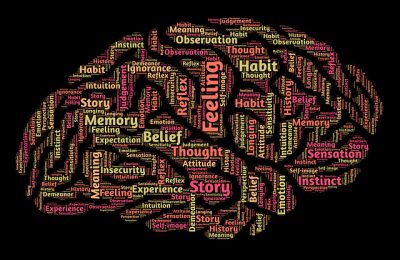A focus on mindset qualities
26th May 2020
CareerWave recently carried out a short and sharp survey of what apprenticeship employers want the most from applicants for their vacancies. To do this we analysed the skills and qualities section of all the listed vacancies on the Find an Apprenticeship Service (within 10 miles of our registered office in April 2020). What we found out was there were some key skills employers wanted including;
- Communication skills
- Organisational skills
- Team work skills
- People skills
- Digital/I.T. skills
However, one of the most sought after things was not a skill- it was a quality. The quality is a willingness to learn. In a world in which we have to commit to lifelong learning, just to keep pace with technological change, this is hardly surprising. However, we also found that employers were looking for other qualities too including;
- confidence
- enthusiasm
- initiative
- drive
A willingness to learn and the qualities listed above are examples of mindset qualities. We can describe mindset as attitude, and it is, but it is also about how we see and navigate our way through life (learning, family, society and work). This fits perfectly with CareerWave’s view that a career is your lifelong journey. It is important to understand that mindset is not fixed, rather it is something that can grow with us as we strive to reach our potential. In other words, we can work on our mindset. Clearly employers want people with a desired mindset. Therefore, if we know what employers want, we can communicate that we ‘have what it takes’ or we can develop it.
Growth mindset is recognised in all aspects of life, including sports. The English FA uses the four-corner model for the development of youth footballers as part of their England DNA programme- the four corners are physical, technical, social and psychological. Coaches assess and develop their players in line with this model. This approach clearly tell us that what goes on in our heads is as important as the skills we have in our feet. Indeed, at a professional level in all sports, there is an acceptance that the psychological is the greatest factor in athletes reaching the top. Witness, the growth of the sports psychologist role.
Returning to employment, research suggests that your mindset is more important than skill set when it comes to your chances of successfully getting a job. In 2011, James Reed, of Reed Recruitment fame and, Paul Stoltz wrote their book, ‘Put Your Mindset to Work: The One Asset You Really Need to Win and Keep the Job You Love’. The research found that when faced with choosing between applicants with the desired mindset, but lacking skill set or those with the complete skill set but lacking the desired mindset, 96% of employers picked the first one i.e. mindset over skill set. In a world where skill sets are fast changing as a result of new technologies and in a world where we have to commit to lifelong learning just to keep up, a preference for the right mindset is totally understandable.
So what mindset qualities are the most important? And, when asked, how can we show employers that we have the desired mindset? Well, Reed and Stoltz identify six top mindset qualities and, next to each, we have given a short example of how you could evidence them.
Top 6 mindset qualities
- honesty– think about when you have admitted that you need help from someone else to get things done
- trustworthiness– think about when you have been put in charge of something important
- commitment– think about when you have agreed to do something and seen it through to the end or a conclusion
- adaptability– think about when you have had to change the way you do things because of unforeseen circumstances
- accountability– think about a time when you have taken responsibility for your actions or the actions of others
- flexibility– think about when you have had to quickly move from one task to another without losing focus
In terms of further reading, it has to be said that Reed has an excellent careers section on their website with loads of great articles linked to jobs and employability skills. Highly recommended.





